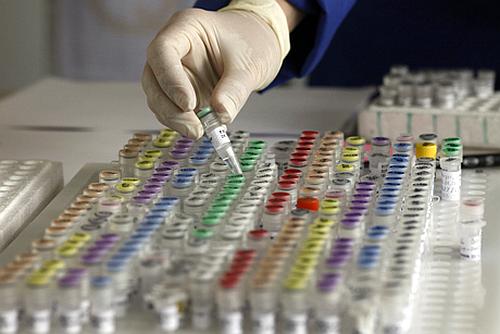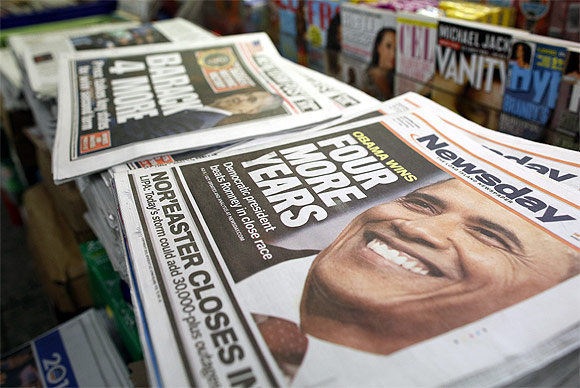 | « Back to article | Print this article |
US groups criticise India's drug, tech, farm policies
US industry groups on Wednesday called for the United States to increase pressure on India to reform high-tech, agricultural and pharmaceutical policies they said block US exports and damage patent rights.
"India has essentially created a protectionist regime that harms US job creators" in favour of the country's generic drug manufacturers, Roy Waldron, chief intellectual property counsel for Pfizer, said in testimony to the House of Representative Ways and Means trade subcommittee.
Click NEXT to read further. . .
US groups criticise India's drug, tech, farm policies
Waldron complained that last year India revoked Pfizer's patent for a cancer medicine, Sutent, 'to allow Indian generic companies to manufacture and sell generic copies.'
India also abuses compulsory licenses, which governments are supposed to use in limited circumstances to suspend drug patents, for the benefit of its domestic firms, he said.
Waldron urged US government officials to vigorously pursue those concerns in direct talks with India and to 'review all available policy tools' to pressure the world's largest democracy to better protect US intellectual property.
Click NEXT to read further. . .
US groups criticise India's drug, tech, farm policies
The hearing comes as US trade benefits for India are up for renewal under the Generalized System of Preferences program, which waives duties on thousands of goods from developing countries to help them create jobs.
India is the largest recipient of benefits under that programme, which expires in July.
"With a population of over 1.2 billion, India's markets hold the potential for world-class US products and services. I want to ensure that US job creators can compete there on a level playing field," said Representative Devin Nunes of California, the Republican chairman of the Ways and Means trade subcommittee.
Click NEXT to read further. . .
US groups criticise India's drug, tech, farm policies
US technology companies are frustrated by Indian government procurement policies that favour Indian electronics product over foreign, Dean Garfield, president of the Information Technology Industry Council, told the panel.
"The PMA (preferential market access) policy certainly does not bode well for our industry, threatening to shut us out of a significant portion of the Indian ICT (Information and communications technology) market," Garfield said.
US companies are also disappointed that India is sitting on the sidelines in talks in Geneva aimed at expanding the 1996 Information Technology Agreement, he said.
The image is used for representational purpose only
Click NEXT to read further. . .
US groups criticise India's drug, tech, farm policies
India also has steep agricultural tariffs and regulatory barriers that keep out many US farm exports, said Allen Johnson, a former US chief agricultural trade negotiator.
Last year, India's agricultural exports to the United States topped $5 billion, a ten-fold increase since 1995, Johnson said.
In comparison, US farm exports to India last year were only $900 million, well below their potential, he said.
India's reluctance to reduce its farm tariffs has frustrated the United States in the long-stalled Doha round of world trade talks, Johnson said.

© Copyright 2024 Reuters Limited. All rights reserved. Republication or redistribution of Reuters content, including by framing or similar means, is expressly prohibited without the prior written consent of Reuters. Reuters shall not be liable for any errors or delays in the content, or for any actions taken in reliance thereon.




